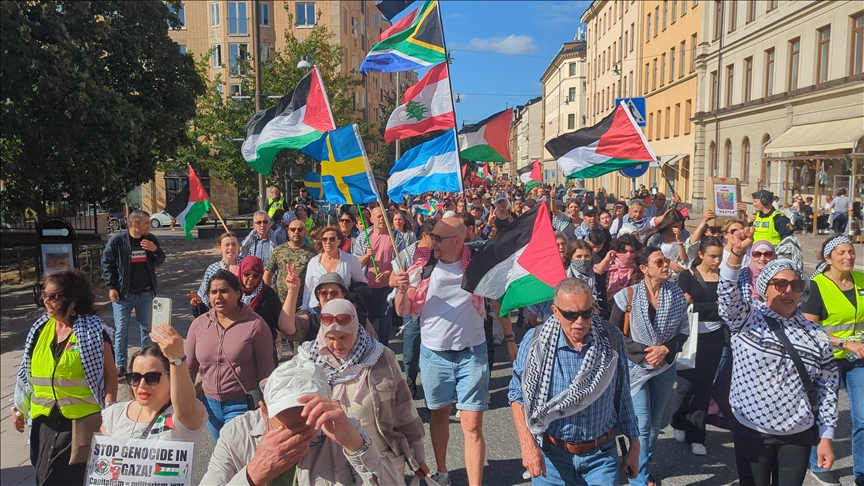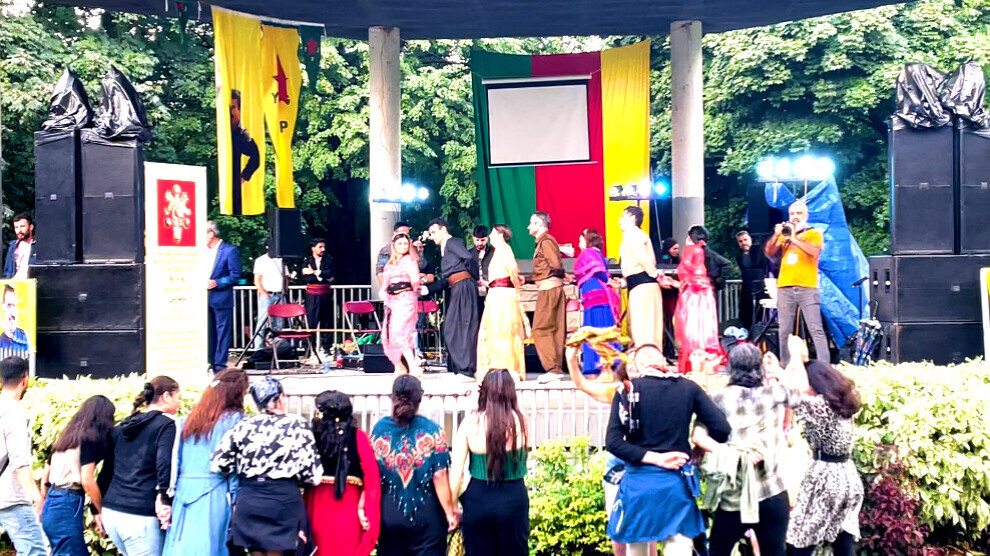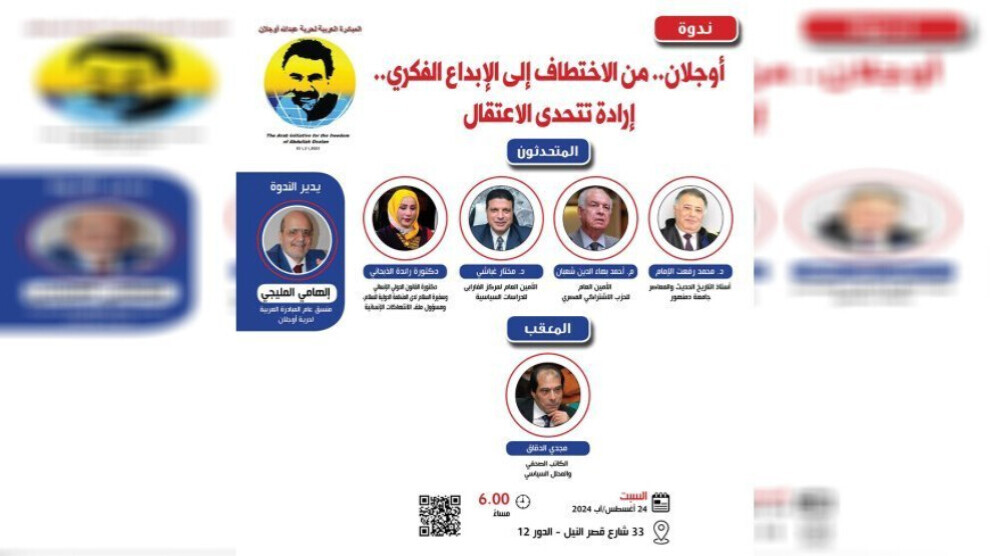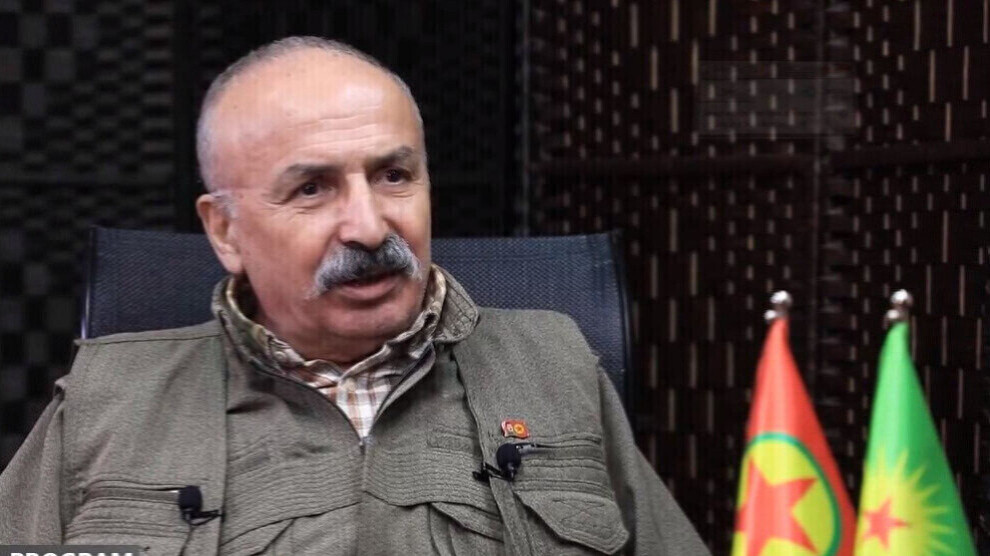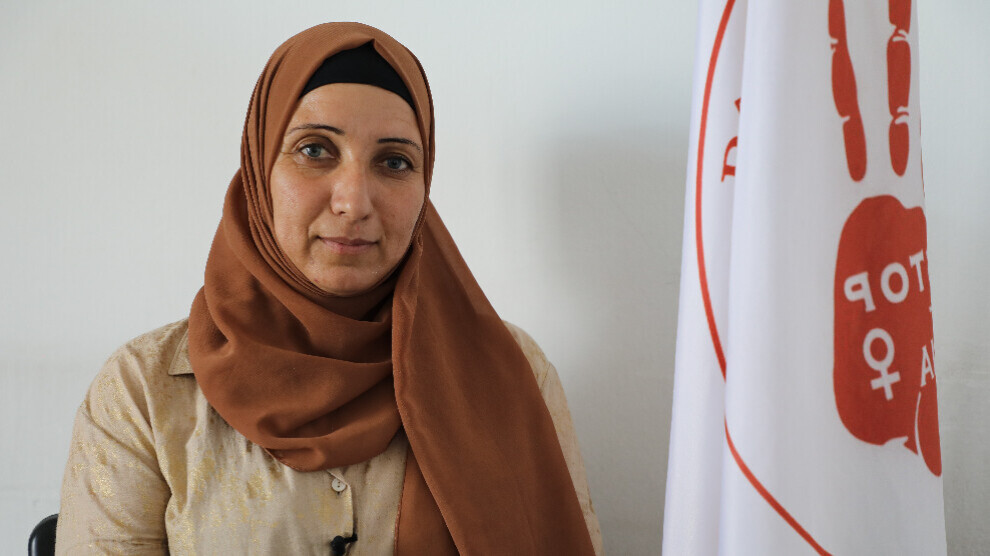Download PDF
Aug 25 2024 •
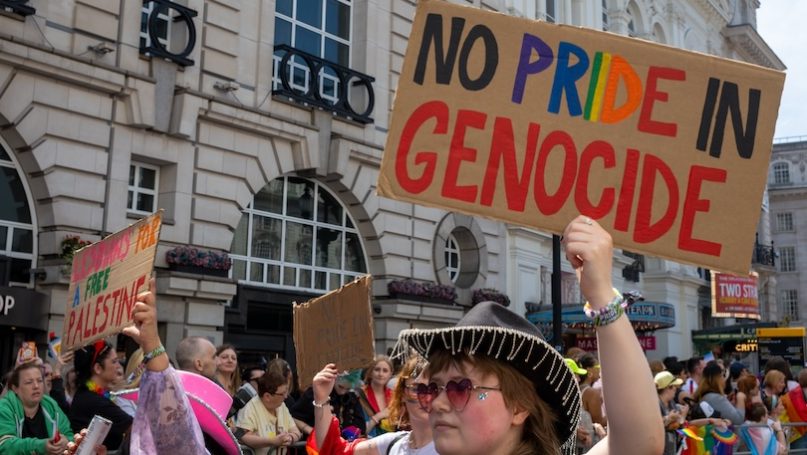
Andy Soloman/Shutterstock
On Saturday 11 May 2024, the Danish newspaper Politiken published an editorial stating that “the fight for LGBT+ rights and the fight for a free Palestine have nothing to do with each other” (Kampen for lgbt+-rettigheder og kampen for et frit Palæstina og fred I Gaza har intent at gore med hinanden). This assertion came in the context of widespread criticism of Copenhagen Pride and the withdrawal of several major sponsors because of its position on the Israel-Gaza conflict. Much of this centred on a question about whether Pride was becoming too political or involved in something entirely unrelated to queer politics.
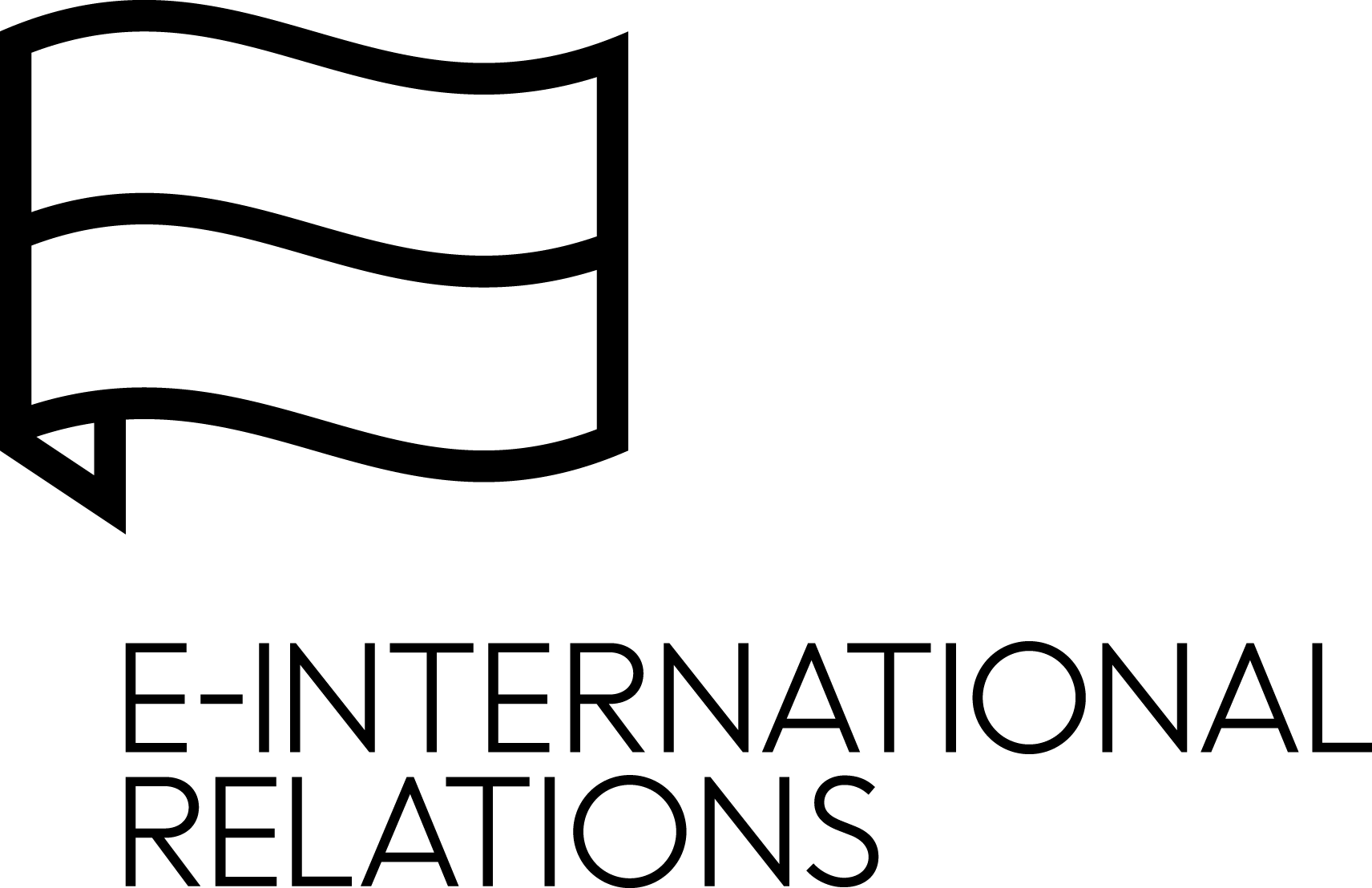
Criticism towards Copenhagen Pride started earlier in the year when alternative queer organisations around Copenhagen — Nørrebro Pride and the Queers Against Occupation & Genocide group — called on Copenhagen Pride to assess its partnerships with organisations that had links, primarily financial, to Israel. Both Nørrebro Pride and the Queers Against Occupation & Genocide criticised Copenhagen Pride for not taking a clear position on Israeli atrocities committed against Gazans and for not standing against genocide more explicitly. After a statement about standing “in solidarity with the Palestinian people” (i solidaritet med det palæstinensiske folk), Copenhagen Pride was publicly criticised by politicians and commentators, some of which were published in the Danish newspaper Kristeligt Dagblad, who viewed Copenhagen Pride as effectively siding with Hamas and supporting homophobic policies and social values across the Middle East.
Since then, Copenhagen Pride has been repeatedly forced to defend its criticism of the Israeli state’s actions. In response to criticism, a spokesperson stated that “when bombs are falling, they also kill LGBTI+ people” (når bomber falder, dræber de også LGBTI+-personer). Since then, several additional clarifying statements have been made, but now several key sponsors have withdrawn support and the political leader and spokesperson for the organisation has resigned. Put bluntly, Copenhagen Pride took a political position against what the ICC’s Chief Prosecutor has called atrocity crimes (crimes against humanity and war crimes in this case), received widespread backlash, and then attempted to backtrack on its position when the commercial viability of Pride became an issue.
I can see how some people and some organisations can reach the conclusion that LGBTI+ issues do not have anything to do with atrocity crimes or what the Israeli state is doing in Gaza. And I agree with the argument that a free Palestine and peace in Gaza are not about LGBTI+ issues specifically. However, LGBTI+ people have a long relationship with experiencing violence because of who they are, because of their identities. Genocide and the other atrocity crimes — defined in international law as crimes against humanity, war crimes, and ethnic cleansing — all revolve around identity and the targeting of a specific population because of their identity. Throughout history, violence against LGBTI+ people — which is driven by victims’ identities and has at times been about the literal extermination of queer people — has frequently been a precursor to escalating levels of violence and atrocities against other identity groups. From the atrocities committed by the Nazis to the breakup of the former Yugoslavia to the genocide in Darfur, the imposition of “moral” codes that attack sexual and gender identities and freedoms has often come before widespread state-led physical violence and atrocity crimes.
We also know that during conflict, sexual and gender minorities face a higher risk of war crimes and related issues such as forced displacement, migration, and social cleansing. This is incredibly well documented in regards to the Colombian Civil War. These historical cases are some of many examples of how anti-queer violence has been part of state-led campaigns widely understood to be atrocities. Despite LGBTI+ issues, rights, protections, and security having a long-standing connection with state-led atrocity crimes, this is relatively unacknowledged across society and in international frameworks for preventing atrocities. Politiken’s editorial is not therefore unique in its ignorance of the connection between LGBTI+ issues and mass atrocity. Illustratively, the persecution of Jewish people during the Holocaust is rightly well known, but the persecution of queer people, particularly gay men, has not been widely included in documentation or analysis after the end of World War Two. While the scale of persecution differed, the specific targeting of queer people during the Holocaust was a key part of the German campaign to ‘purify’ Europe. Indeed, it is possible to classify the persecution of gay men during the Holocaust as genocide since the intention was to destroy an entire group.
Genocide and the three other atrocity crimes hide in people’s biases. As I and my co-authors show in two recent reports, human rights violations and the creation of out-groups — be they based on religion, sexuality, race, ethnicity, gender, able-bodiedness, or the like — create conditions that enable mass atrocities and wider trajectories of violence. These biases amplify the violence directed at minorities during conflicts. This means that there is a connection between LGBTI+ issues, homophobic discrimination or violence, and atrocities such as genocide. Not only can homophobia become an enabling factor of state persecution when mobilised by political elites to establish an out-group to be targeted for society’s ills, but LGBTI+ people face unique and increased risks of persecution during conflicts. Violence against sexual and gender minorities can therefore often be a canary in the coal mine for aggressive authoritarianism and atrocity crimes. There is ample evidence, as outlined by the former United Nations Independent Expert on protection against violence and discrimination based on sexual orientation and gender identity, Victor Madrigal-Borloz, that their persecution precedes or is part of wider violence.
Globally, LGBTI+ rights are facing a backlash as part of a wide-ranging and intense culture war against queer identities and existence. As conversations about ‘woke’ politics and its apparent detriment to traditional ways of life become incredibly popular. We are seeing a creeping (re)normalisation of homophobic discourse in mainstream politics. Pair this with the history of atrocities and we see a worrying picture. If we look at a contemporary example where out-groups have been created and are being used to legitimise violent geopolitical projects, Russia has for more than a decade adopted a foreign policy promoting and defending “traditional values”. It has positioned itself as the bastion of “traditional family values” in contrast to Europe, which it labels “Gayropa” in its foreign policy discourse. Russian foreign policy now includes a sexualised and gendered component in which Russia constitutes itself as the saviour of “Gayropa,” a sexually decadent space of moral decay. In 2017, the Russian republic of Chechnya also embarked on a “Gay Purge” where gay men and lesbian women were hunted down, tortured, and murdered. All of these actions can be classified as crimes against humanity and potentially genocidal in intent.
After Russia’s invasion of Ukraine there were credible intelligence reports of lists that include LGBTQI+ individuals, activists, organisations, and allies to be targeted upon successful takeover. Testament to the extent of the role homophobia plays in Russian foreign policy, the Ukrainian NGO Nash Svit has documented Russian violations against queer people in Ukraine and the head of the Russian Orthodox Church blamed the war on the spread of “Western” pro-LGBTQI+ politics to Ukraine. LGBTI+ people have not only been targeted domestically within Russia but during Russia’s offensive against Ukraine where documentation of atrocities has been widespread.
Let me say it again: genocide hides in people’s biases. Human rights violations and the creation of out-groups enable mass atrocities and wider trajectories of violence. The persecution of LGBTI+ people has consistently been followed by oppressive politics and violence, even towards those who supported the scapegoating of queer people in the first instance. Policies developed to support “traditional family values” may first target queer collectives, as is the case within Russia, but as we know from history they can very quickly turn to other agendas targeting, for example, specific ethnic and national groups. Indeed, part of Putin’s discursive justification for waging the war in Ukraine has been to prevent it from becoming more like “Gayropa”. We must be vigilant not just of the way states like Russia use anti-queer discourse to legitimise violence, but of the way queer people are targeted in “the West” and how this may make future violence possible. As mentioned above, the idea of traditional family values has become incredibly politically vogue in recent years and is used by far-right political actors across Europe now.
The UK Conservative Party is waging what former Home Secretary Suella Braverman calls a war on woke and so-called gender ideology. Italy’s Prime Minister Meloni talks about a so-called LGBTI+ lobby and defending the traditional family, and her government has banned registering same-sex parenthood. Hungarian Prime Minister Orbán has consistently emphasised traditional family values and implemented a ban on LGBTI+ “propaganda” that is not dissimilar to Russia’s. Projects like Russia’s have created conditions that enable European states to pass legislation targeting queer people as dangerous pariahs, and threats to order and the fabric of society. These moves are what the UN would identify as indicators of risk for conditions for atrocity crimes.
Keeping in mind histories of queer experience of atrocity crimes, it is fundamentally inaccurate to say that the fight for LGBTI+ rights, atrocity crimes, and anti-atrocity campaigning are not linked. It ignores the history of persecution that queer people have experienced during campaigns involving atrocity crimes and ignores the history of anti-war campaigning by gay liberationists in throughout the 1960s, 70s, and 80s. What we call Pride today is widely held to have emerged from the Stonewall Riots in New York City in 1969 when queer people had enough of being persecuted by the police and scapegoated by politicians as social pariahs. Pride emerged out of a resistance to violence, discrimination, and the desired elimination of queer people as a group. In this sense, it isn’t surprising, nor is it such a huge leap to see why Copenhagen Pride — and Nørrebro Pride, the Queers Against Occupation & Genocide group, and other LGBTI+ organisations around the world — have weighed in on Israel’s campaign in Gaza and taken a stand against discriminatory violence in its most potent form: genocide.
Not only that, a new report from Protection Approaches highlights some of the anti-queer patterns of violence (both structural and physical) and risk indicators that will flash amber or red signalling a potential for wider mass violence. Some of these could already be seen in Israel prior to its offensive in Gaza. To carry on with the earlier metaphor: the canary was already in flight, the conditions for escalating violence were already in place, and Hamas’ October 7th attacks were enough to enable a discursive legitimation of unbound violence and the commission of international crimes by a far right government enduring multiple crises.
What most see as the most deplorable atrocity crime — genocide — when we boil it down to its most basic component, is about discriminatory violence that seeks to destroy a cohesive group in whole or in part. Queer people, because of our close connection with identity-based violence, atrocities, and our continued scapegoating on the path towards future atrocities, cannot stand idly by as genocide is committed with relative impunity. Opposing genocide is not antisemitic. It is a stance against all forms of mass and discriminatory violence. Opposition to mass violence includes the kind that antisemitism legitimised during WWII and continues to make an ever-possible threat today.
It is vitally important to ask how Middle Eastern states and nations, which includes both Israel and Palestine, treat LGBTI+ people, that we continue to ask what the punishment for deviating from so-called ‘normal’ sexuality (i.e., heterosexuality) is, and that we continue to hold all states accountable for their policies about and treatment of LGBTI+ people. Equally, however, all states and international institutions must be cognisant of how certain states and their supporters mobilise their supposed “queer friendliness” in order to distract from their violent acts of atrocity. We must refuse to lend support to mass violence and atrocities that are, in part though not entirely, legitimised by a discourse of ‘protecting queer populations’ or any other minority group. Violence or atrocities committed partly in the name of defending queer people and other minorities, as has been implied in the commentary about Copenhagen Pride, is still violent and criminal under international law.
The suggestion by some of Copenhagen Pride’s former sponsors that pride was becoming too ‘politicised’ and venturing outside its restrictive “diversity and inclusion” (diversitet og inclusion) remit, ignores that there is in fact a quite clear link between LGBTI+ issues, particularly homophobia, and the prevention of – or resistance to – mass atrocities. To adopt an anti-genocide politics is to adopt a politics against discriminatory violence. LGBTI+ people, having historically been targets of such violence, must continue to stand against all forms of atrocities.
Opinion – How Polish Women Fight Their Right-Wing Government
Queer(y)ing Brexit: Sexuality and the Shifting Nature of Remainer and Leaver Worldviews
Introducing Queer Theory in International Relations
Japanese ‘LGBT Boom’ Discourse and its Discontents
Opinion – It’s Time to Redefine Gender Mainstreaming
Dean Cooper-Cunningham is an Assistant Professor of International Relations at the University of Copenhagen. His research intersects feminist and queer theory, critical security studies, and visual politics. His most recent work has focused on the international politics of sex, how powerful actors in global politics strategically adopt pro- or anti-queer agendas in domestic and foreign policy, and the way that actors use the visual and the body as modes of resistance to state violence. He is co-author of a project on ‘Queering Atrocity Prevention’ and the author of several articles on the subject of sexuality, gender, security, and visual and bodily forms of activism.







